Neka Doko – Archivist of Fan S. Noli Library of Albanian Heritage and Culture
The interview reveals new details about a cornerstone moment of Albania’s history credited to Fan Noli and the ‘double-play’ to delay his entrance in Albania. Ahmet Zogu, “then the virtual ruler of the country,” strategized that they delay Bishop’s arrival in Tirana by sending him as Albania’s delegate to the League of Nations. Zogu and Tirana authorities believed that the League at the time would fail to grant member status to Albania. Consequently, “If Bishop did not succeed his return to Albania would be anti-climax.”Metropolitan Fan S Noli: A Seer and a Poet 1882- 1965, Dielli, May 9, 1962
Albania’s admission to the League of Nations in Geneva in 1920 has been well-researched by historians and scholars, who fully acknowledge Fan Noli’s remarkable capabilities as a diplomat and debater. Yet you bring up some new interesting details about the transatlantic mission of Bishop Fan S. Noli who was sent on behalf of Vatra to Albania in 1920. Noli wasn’t granted entrance to Albania at the time by the authorities led by Zog – “then the virtual ruler of the country” who on one hand feared Noli and on the other intended to benefit from his diplomatic expertise. What are your sources and what more can you tell us?
There have been extended studies on Fan Noli as a cross-cultural motion figure, and I have furthered my research since 2015 (1) with presentations on various interpretations to examine and highlight more insights and new dimensions. The historical context becomes more nuanced in view of at least three different sources of information, combined. According to Fan Noli’s Diplomatic Chapter in the 50th Anniversary book,”After the Italian evacuation, Fan Noli accompanied by Archimandrite Vangjel Chamche of Jamestown, New York and Father Vasil Marko of St Louis, Missouri, left the United States to offer their services to the Albanian government. Their travel expenses were paid by the Federation Vatra. Archimandrite Chamche and Father Marko proceeded to Korça, Albania.” (2) However Fan Noli didn’t enter Albania right away. The second source revealed details provided by the Secretary of the Albanian Representative in Washington, Constantine A. Chekrezi, “In July 1920, Bishop Noli together with two Albanian priests left for their homeland with an Albanian passport issued gratis to him by Chekrezi.” (3) The writer of the article who was then Mr. Chekrezi’s secretary recalls with pleasure the moment when granting the passport to Bishop Noli. That was the first gratis passport ever granted to an Albanian citizen from America. “When the Bishop arrived in Italy, the winds from Tirana were chilly, and his permit to enter his adopted country was delayed. Tirana authorities feared this Democratic Messiah from America and sought some pretext to bar him from Albania. Ahmet Zogu, then the virtual ruler of the country, always was “constructively resourceful” and suggested to his colleagues that they delay the Bishop’s arrival in Tirana by sending him as Albania’s delegate to the League of Nations. Zogu as well as many other leaders believed that the League at the time would fail to admit Albania. If Bishop did not succeed his return to Albania would be anti-climax.” (4) It is note worthy that Albania’s authorities of the time were engaged in a “double-play” since they had tasked Noli to chair the delegation at the event on their behalf while secretly wishing for his failure. “Fan Noli was sent by the Albanian government as the Head of a delegation to apply for the admission of Albania to the League of Nations. He was chosen for this diplomatic mission especially because he spoke fluently both French and English which were the two official languages of the League of Nations.” (5)
On paper the date December 17, 1920 marks the day Albania joined the League of Nations, as one record states ‘in name if not in fact.’ What is the meaning of it? Can you clarify it?
Broadly considered the first international diplomatic attempt of Fan Noli to representing Albania to the League of Nations, to his credit, was successful. Albania was unanimously admitted membership in the League of Nations on December 17, 1920. The segment of “in name if not in fact” is mentioned by a delegate in Noli’s team who wrote the following clarification: ” Last week I concluded with Bishop’s Fan S. Noli’s the arrangements of the return to Tirana following his successful mission of Albania’s membership to the League of Nations in December 1920, in name if not in fact. I say in name because its neighbors, Greece and Yugoslavia were more amused than impressed by his achievement. While pursuing their aggressive claims against the small country, the League discussed the problem, but siting on its hands.” (6) Further into my research, I came across sources that reveal two people who opposed the claims of Greek and Yugoslav representative during the first discussion of Albania’s membership to the League of Nations. There were two delegates, one from South Africa and one from India who aligned their remarks with Bishop’s first presentation. “This triumph was largely due to the vigorous campaign of Lord Robert Cecil, delegate of South Africa who organized the movement to have Albania admitted to the League, and practically compelled all the opposing delegates either to vote in favor of the admission of Albania or to abstain from voting. The second was Muhammed Ali, delegate of India who made the following remark: “Albania deserves to be a member of the League of Nations because it is the only country in the world where Moslems, Roman Catholics, and Eastern Orthodox Christians cooperate fraternally in spite of their religious differences.” (7)
The membership of Albania to the League of Nations in 1920 was an important first step for the nation. What followed it and how did it shape the next chapter of Albanian’s history?
Absolutely, the first step was crucial. And, it was definitely the foundation of the de facto membership which occurred one year later. On the other hand, as Robbert Clegg Austin, a Canadian well known scholar, in his PhD research on the topic stressed, “The admission of Albania to the League of Nations in 1920 was of vital importance for many reasons: It reaffirmed the Independence of Albania and invalidated the Secret Treaty of London. Moreover it solved the problem of the Albanian frontiers.” (8) I would say that because of Noli’s success, the next step picked things up where they were when this question was considered a delayed issue due to the First World War declension. Here is what the membership of Albania to the League of Nations had directed to fit the next session of 1921: The issue of Albania frontiers. “In 1913 an international commission composed of representatives of the then six Great Powers of Europe was sent to Albania to delimit on the spot her frontiers, which had been previously delimited on the map by the Congress of Ambassadors in London. This commission finished its task in the South, and demarcated the boundary on the spot from the Ionian Sea to the Lake of Ochrida. It set the border lines between Albania and Greece. But the work of the commission was interrupted by the First World War. Since the delegates represented states which had declared war against each other, any cooperation between their representatives was out of the question. That left the eastern and northern boundaries which separated Albania from Yugoslavia undefined. The Yugoslavs took advantage of the situation and moved into Northeastern Albania as if it were their own territory. Their excuse was that they were violating no frontiers because there were not any frontiers. One year after the admission of Albania to the League of Nations, an international commission went to Albania and on the spot fixed the frontier separating Albania from Yugoslavia in 1921.” (9)
Based on your research, what were Fan S. Noli’s expectations as the head of the delegation that was heading to Geneva and how was he received there?
The bibliographical data of Fan S. Noli’ s file on the League of Nations 1920-24 provide reference to his clergy advancing career, as a man of leadership who had often put om the diplomatic hat when traveling to the old continent for the purpose of defending the Albanian independence and integrity. Right after the Conference of Versailles being shaken but not stirred by the European stand on Albania, Bishop Noli couldn’t have found a more propitious time to get involved with the League of Nations plan. His years of activism and leadership with results to reach the American strong voice and support of President Wilson in context, brought him to that moment. He knew how masterfully at the right time linking two so extreme momentum on Albania’s sovereignty question respectively viewed and supported by the European and American representatives in the Conference of Versailles. Noli headed to Geneva with the all context in mind, as an internal counterbalance and expectations. He would have categorized them already in two opponent variables of the equation for the Entrance of Albania. On one side, the pro Greek and Yugoslav negative variables originated from from the Europe Powers against the Albanian cause and on the other side, solid positive variables that came up from the World Representative supporters to Albania’s admission, such as the U.S., South Africa and India. As things happened, the latter played strongly in favor of Noli’s consistent and coherent attempt to keep believing and fighting for the cause. “Noli possessed an extraordinary faith in the organization and its promise of a new world order. Acceptance into the League, Noli believed, would provide not only a source of such needed financial aid, but promise of international action to defend the integrity of states appealed to Albanians who felt under constant threat from their neighbors.” (10) As things turned out, the second part of his expectations bore results right away after the world’s leaders ‘ positive reactions to Noli’s introduction. As Robert Austin emphasized in his paper, ” The South African delegate, Lord Robert Cecil disagreed with a French proposal to postpone the decision and argued that” Albania should be admitted because she presented all the conditions of a nation perfectly constituted” And, then “while a decision was in fact postponed, the League finally admitted Albania on 17 December 1920 with 35 ayes and 7 abstentions.” (11)
How did Fan Noli counterbalance the US support with the territorial claims of Albania’s neighbors, Greece and Yugoslavia?
As mentioned above, after the first part of his mission was fulfilled, with Albania’s admission to the League, Noli focused on the League’s new mandate. “Noli was fully aware of the significance of the American support at the time particularly with regard to the position and policies of US President Woodrow Wilson. It was President Wilson who at the Versailles Peace Conference denounced the Treaty of London as inconsistent with the principle of self- determination.”(12) The non European representatives of South Africa and India, followed by others in the League had highly considered these records, while evaluating Fan Noli’s mastery of argumentation on behalf of Vatra’s many years work in America for the Albanian cause. Noli’s acute awareness of the annexation agenda of Greece and Yugoslavia toward the Albanian’s southern and northern borders was crucial in campaigning for Albania’s rights. Picking up what I mentioned in the beginning of our conversation, based on my own research, no one like Fan Noli who was born and raised between Mediterranean crusaded religions, cultures and mindsets, traveling to find work and education from the European Turkey colony of Albanian immigrants through Greece and Egypt’s intellectual connections, would have better decipher the complexity of Balkans geopolitics toward Albania’s independence. Through writings and diplomatic efforts, Noli revealed that the agenda of the Greeks and Yugoslavs to claim Albania’s territories did not bother the European powers. His only hope to solve the problem was directed to the World leaders support in the League. “Given the potential threat to Albanian sovereignty from neighboring States,” Noli wrote, that was in the first place “the main reason he attached great significance to the membership in the League of Nations.” (13) That would have been the next chapter of his diplomatic mission to Geneva one year later after Albania’s admission.
What do the documents reveal about Noli’s trip to the Geneva meeting and to Albania?
This is very interesting. The question of Fan Noli’s entrance to Albania had been hesitant and ambiguous from the part of Albania’s new born government at the time. On this question there are a few disputing sources to discuss. The first was recorded by Professor Nasho Jorgaqi in the autobiographical book of Fan Noli, which was weighted as a solid one by Robert Austin in
his PhD paper. “However, it probably had more to do with the fact that some patriots, especially Sotir Peci who had worked with Noli in the US., distrusted the all-too- progressive bishop and were eager to keep him out of Albania for as long as possible.” (14). Also admitting here the above mentioned records from the former secretary of Albania in Washington Constantine Chekrezi, (15) that may speak volumes of the interference by Zog and his ploy to use Geneva as an excuse in order to delay and ultimately to discredit Noli prior to his visit to Albania.
The records show that the Pan-Albanian Federation of America Vatra financially supported the mission and sponsored the delegation led by Noli. What are your findings on this topic?
According to the 50th anniversary book and the Dielli’s serial articles on the topic, all exclusive financial support to Fan Noli’s delegation trip and stay in Europe, including all the Albanian trips after the Geneva mission had been consistently and efficiently provided by Vatra’s organization campaigns in the U.S. Another interesting finding here that supports the role of Fan Noli’s personality and leadership regarding the financial management of the Geneva mission comes from one vivid testimony of one of the Noli’s delegation secretaries. “His eminence also is a pillar of integrity. Upon his return to Tirana from his first mission to the League of Nations in 1920, he immediately went to the proper authorities to give a full financial account of his expenditures. The official to whom he spoke looked at him in astonishment.”(16)
In 1920 through 1922, a decade after the declaration of Independence, Albania had no status as a state, which is evidenced in various writings. You have provided two authors J. Swire and Fischer who give similar accounts on the topic that “Albania only existed as a name”. Does that speak even more to the highly critical nature of Noli’s mission?
Yes, Noli’s appreciation of the situation for the country cannot be overstated. He attached great importance to Albania’s joining the League because he and the Vatra community recognized what was at stake namely Albania’s independence, its borders and very existence.
However, more research data is needed to accurately define the pros and cons of the highly critical nature of Noli’s first mission to Geneva, which we commemorate as an important date marking the 100th year of Albania’s joining the League of Nations. And that was and certainly is not something that neither skeptics nor new millennia of Albanians in Albania and in diaspora should take for granted.
We the hope that we shall come back to this topic and more, I thank you for your time and dedication.
Of course! My pleasure! A happy anniversary to all!
References and Notes
1- Dielli, December 2015, Neka Doko, “Fan S. Noli: The Unmatched Multilingual and Cross-cultural Communicator- Part I”
2- The Fiftieth Anniversary Book of the Albanian Orthodox Church in America 1908-1958, Boston, 1960, p.117
3- Metropolitan Fan S Noli: A Seer and a Poet 1882- 1965, In Dielli, April 25- May 16, 1962, (In Dielli, May 9, 1962)
4- Idem
5- The 50th Anniversary Book, p.117-8
6- MAKERS MODERN ALBANIA: Dielli, May 9, 1962
7- The 50th Anniversary book, p.118
8- Robert Clegg Austin 1998, Thesis of PhD, Department of History, University of Toronto, Canada, p. 40- 42
9- Idem, p. 40
10-Idem, p.41
11- Idem p. 42
12- The 50th anniversary book, p. 118
13- Dielli, January 2016, N. Doko, “Fan S. Noli: The Unmatched Multilingual and Cross-cultural Communicator- Part II”
14- R C Austin 1998, Thesis of PhD, Department of History, University of Toronto, Canada, p. 42-43
15- In Dielli May 9, 1962
16- Idem
Notes:
1- The Fan Noli photo in the League of Nations, Geneva, in 1920 in Studenti, Published Quarterly, September 1921, p. 15










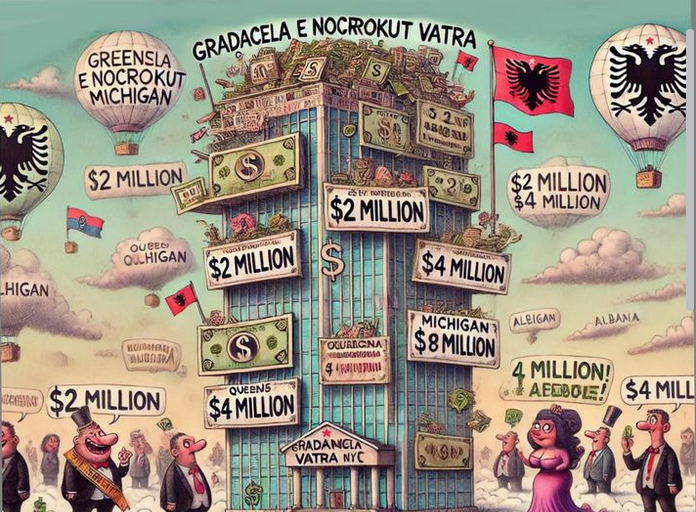
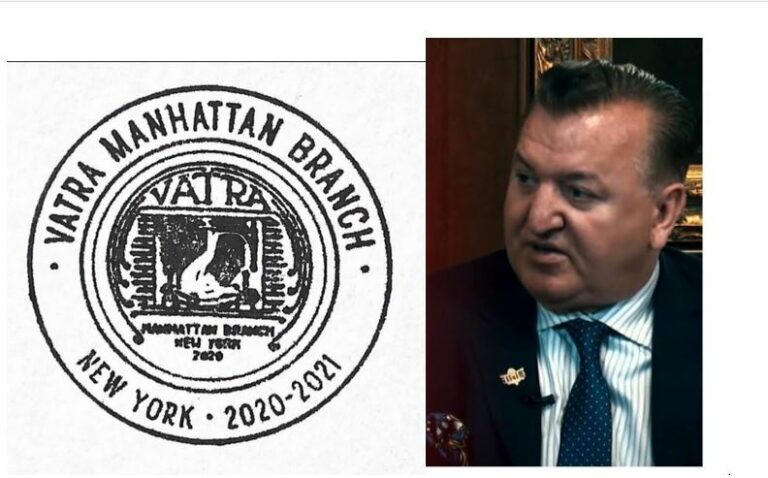
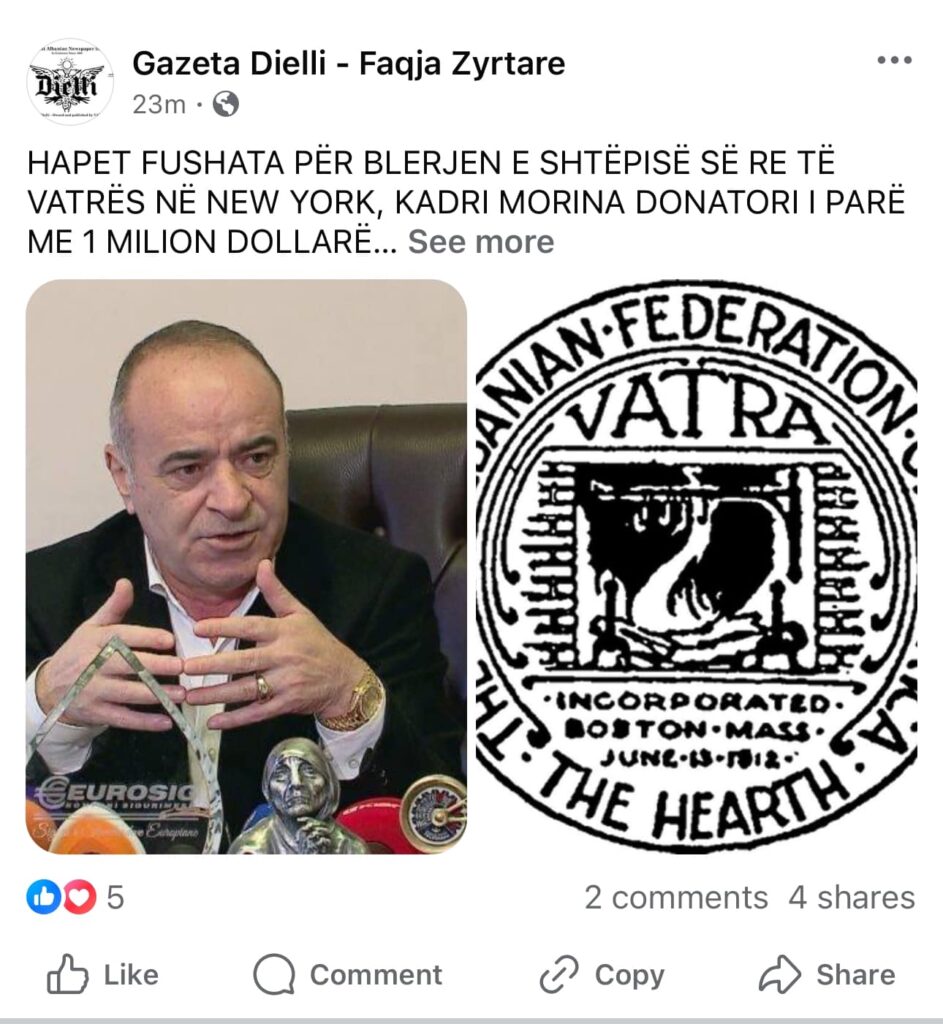
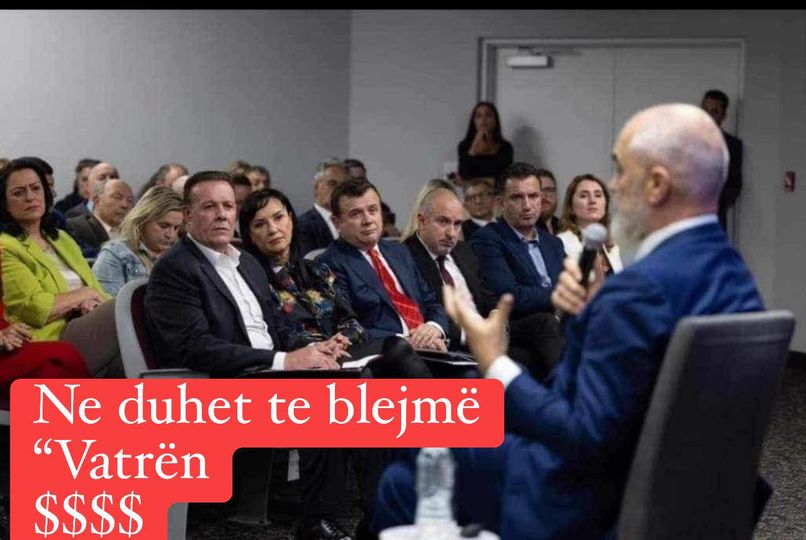



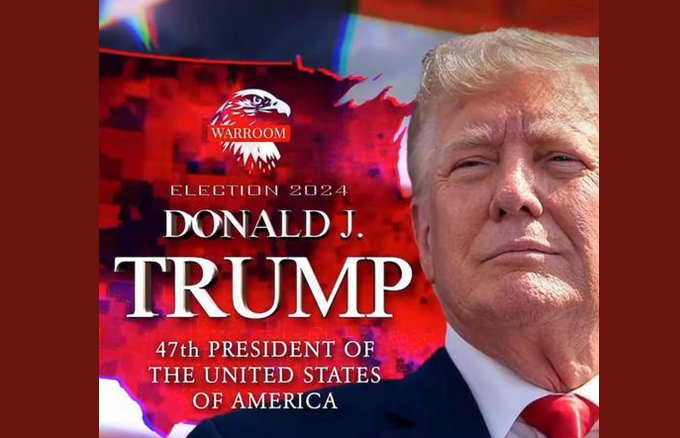
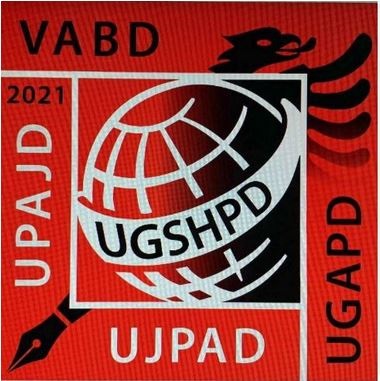













Komentet